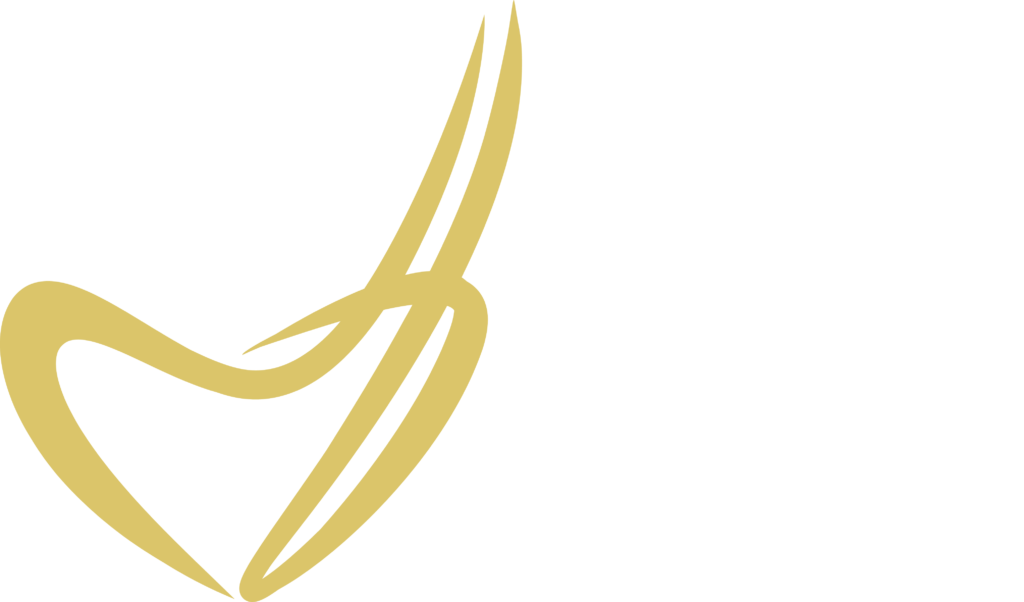World bleeding disorder registry (WBDR) is the international platform for hemophilia treatment centers (HTC) around the world to collect data for patients with bleeding disorders.
Hemophilia is a disorder in which the blood doesn’t clot normally because it lacks sufficient blood-clotting proteins (clotting factors). Hemophilia can cause complications as deep internal bleedings, damage to joints and infections. The main treatment includes lifelong regular replacement of the reduced clotting factors. The treatments are typically administered as injections and can be given as prophylactic to prevent bleedings or for episodic care to stop the patients bleeding episodes. But there is a risk that the patient’s immune system develops antibodies to the replacement factors, which prevents the treatment from working. There are clinical trials ongoing that investigates gene therapy as a possible treatment, which could potentially cure the patients.
The aim with the registry is to have and use global real-world data to advance the understanding and care of people with hemophilia. One of the goals are to enroll 10 000 people, from 200 HTCs representing 50 countries within five years.
The registry has been developed by Health Solutions in collaboration with Karolinska University Hospital and has been commissioned by the World Federation of Hemophilia (WFH). The application is part of the World Federation of Hemophilia’s data collection programs and was launched in January 2018. The WBDR constitutes a worldwide effort to advance the collection, analysis, reporting and knowledge of patients with bleeding disorders.
More information:
Cecilia Sällström
Project Manager
cecilia.sallstrom(at)bcbmedical.com





